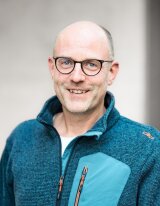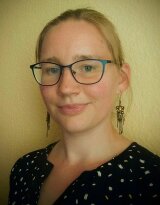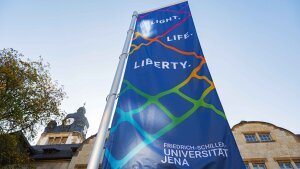
The Cluster of Excellence aims to contribute to a better understanding of social conflicts and debates by researching social imagining.
Social imagining as a network of humans and media
Team assistent: Silvana Buchwald (on behalf of)
Griesbach Garden House
Am Planetarium 7
07743 Jena
Office hours:
The office is open all day on Tuesdays and Fridays, as well as on Thursday afternoons.
Postal address:
Excellence cluster “Imaginamics”
c/o Imre Kertész Kolleg Jena
Friedrich Schiller Universität
Fürstengraben 13
D-07743 Jena
Coordination
-
Jung, Martin, Dr also coordinator for the LIBERTY profile LIBERTY profile
Room D320
Bachstraße 18k
07743 Jena
Image: Anna Schroll -
Schroth, Claudia, Dr Lehrstuhl Neuere deutsche Literatur, Allgemeine und vergleichende Literaturwissenschaft
Room D320
Bachstraße 18k
07743 Jena
Image: privat -
Strehle, Samuel, Dr Lehrstuhl Neuere deutsche Literatur, Allgemeine und vergleichende Literaturwissenschaft
Frommannsches Anwesen
Fürstengraben 18
07743 Jena

